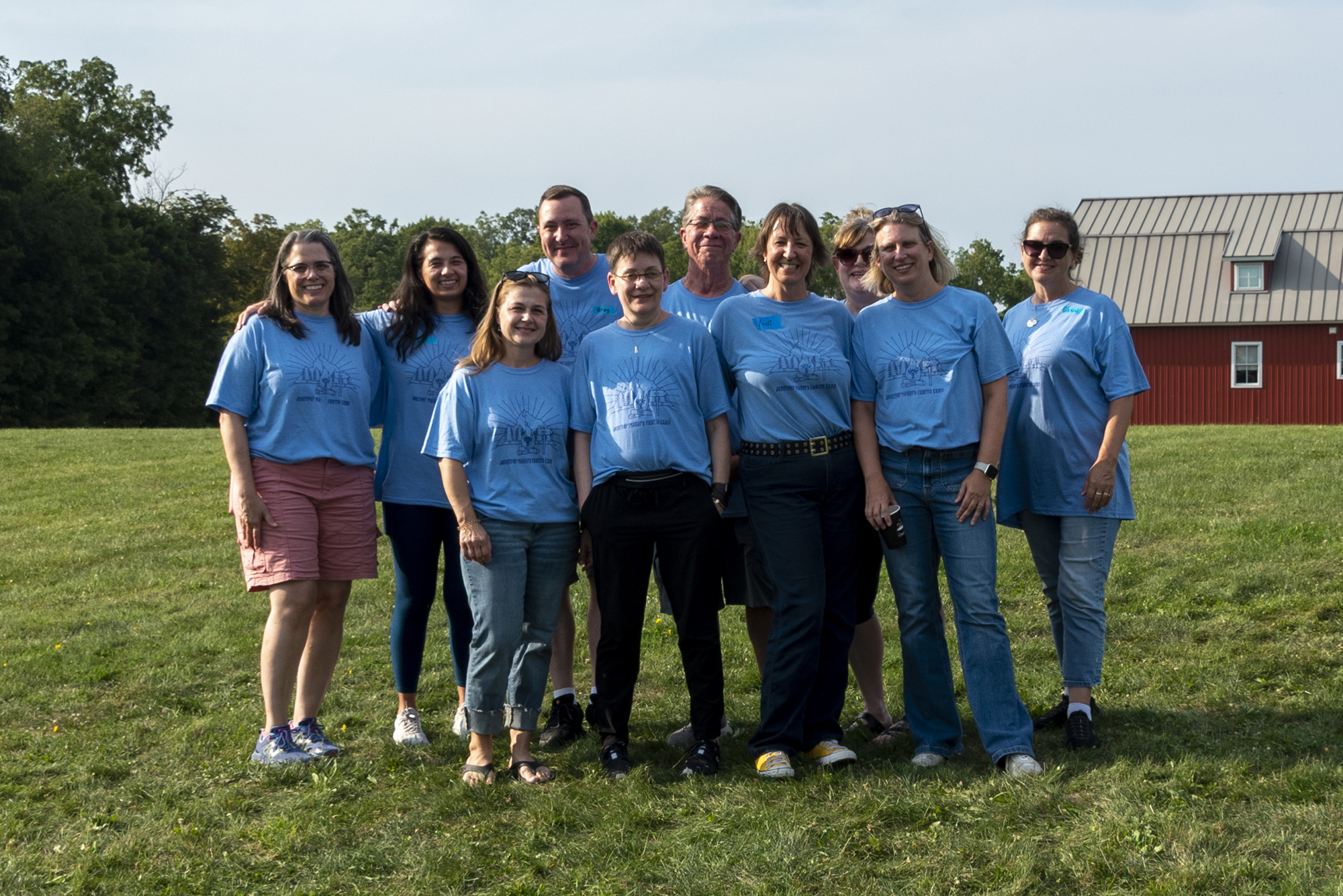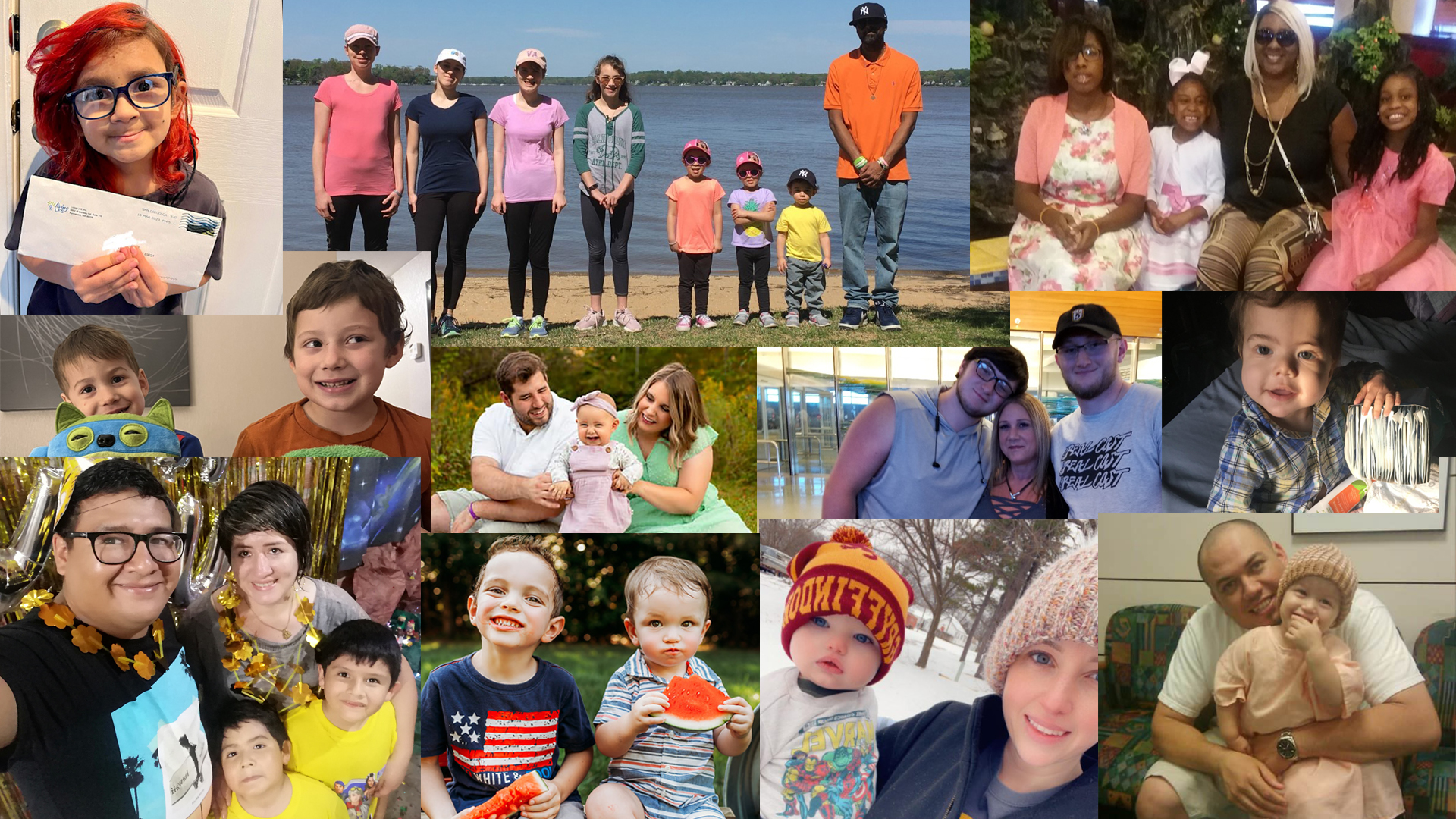On October 18, 2014, Dr. Raul Ribeiro of St. Jude's Research Hospital addressed a meeting of those with Li Fraumeni Syndrome in Portland, Oregon. Dr. Ribeiro has been honored with many awards and works tirelessly to ease the burden of cancer on children around the world. He leads many research efforts at St. Jude, spearheads programs such as the Cure4Kids(www.cure4kids.org) online continuing education resource, IPACTR(International Pediatric Adrenocortical Tumor Registry) and World Child Cancer(promotes cancer treatment in areas with poor resources).
Dr. Ribeiro's research interests include acute myeloid leukemia, acute lymphoblastic leukemia and adrenocortical carcinoma. He has been an invited speaker to many universities, institutions and we were honored to have him speak for the first Mutant Meeting. Right away, you could see Dr. Ribeiro's passion and sincerity. His enthusiasm was infectious and we left feeling his dedication to not only research and care of children with rare cancers but that his work would directly impact LFS as well.
Pediatric Adrenocortical Tumors are one of the core LFS tumors. There is a high correlation between adrenocortical tumors in children and germ line TP53 mutations. So even though these tumors are not seen very often, if they are seen, there is a relatively high chance that the child with the adrenal tumor could have a syndrome like LFS.
Dr. Ribeiro began by explaining how he became interested in the very rare pediatric adrenocortical tumors(ACT). A bit of that story can be found HERE. Adrenal tumors in children are very rare- the incidence is less than 1 per million. Over a 30 year period in the US, only 85 cases of adrenocortical carcinoma were reported. Yet in Brazil over the past 30 years, there were 350 cases of ACT. Further research found a specific mutation of the TP53 gene was responsible, the R337H mutation. It also revealed the greatest risk for pediatric ACT was before age 7. Although the risk of ACT is very high for this R337H mutation, the risk of other LFS tumors seems to be lower. This information lead to a study of newborn screening for ACT from years 2005-2010. By looking at various syndromes and mutations that exhibit ACT, they found that different mutations have different penetrance. Some TP53 mutations cause LFS and multiple tumor types as well as ACT, the R337H mutation causes adrenal tumors and they are seen generation after generation.
Even though the incidence of ACT in the general population is still very low, the screening in Brazil detected tumors in children who did not have symptoms. Of 378 children who tested positive for the mutation(carriers) and were screened, 8 cases of ACT were found. All tumors were stage 1. All children were still alive in 2013. Of the 321 carriers who did not screen for ACT, there were 11 cases of ACT, 3 were stage 1, 3 were stage 2 and 5 were stage 3. Of those children, 2 relapsed and 1 died. This shows how important screening can be for even rare syndromes.
In the meantime, Dr. Ribeiro's team began looking into possible causes of ACT. Besides LFS, there are several syndromes that have increased risk of developing ACT. One of these syndromes is Beckwith-Wiedemann Syndrome(BWS) that is caused by mutations on Chromosome 11p15. This mutation is linked to an over expression of IGF-2- which is Insulin-like Growth Factor 2. IGF-2 promotes growth in cells. So if it is over active, too much tissue can turn into tumors.
Dr. Ribeiro began wondering if there was a link between BWS adrenal tumors and LFS adrenal tumors and as it turns out, one of the links is IGF-2. Pediatric ACT results from too much IGF-2 and this can be caused by different events that lead to genomic instability, one of which is TP53 mutations. Essentially, genomic instability is a major problem TP53 runs across, it is another way of saying high rate of mutation or DNA damage. This damage can result in aneuploidy(having a different number of chromosomes than normal cells) that is present in virtually all cancers. Our bodies are constantly being bombarded with damaging forces and for those of us with TP53 mutations, we know what happens when the damage cannot be repaired, tumors develop. Next is to see if steps can be taken to prevent the events(DNA damage and aneuploidy) that are caused by the mutations such as those in TP53.
This is a great example of how international cooperation and communication can lead to information that is useful for many diseases. Pediatric Adrenocortical Tumor is the prototype of TP53 related cancers recently linked to over expression of IGF-2. There are a variety of mutations to TP53 that can result in ACT, some of which are more severe and predispose the carrier to more cancers than others. Dr. Ribeiro is hopeful that therapeutic efforts for TP53 cancers that focus on treat genomic instability will have positive results.
Resources
Dr. Ribeiro's slides
www.St.Jude.org
Genetics Home Reference- IGF2


